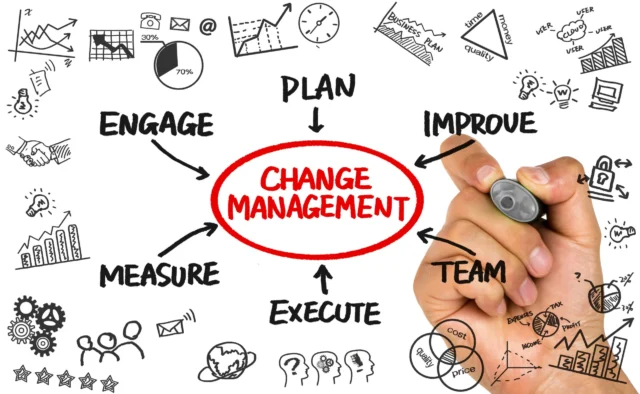Leadership role in sustaining Change; Leadership refers to the ability to coordinate human and material resources to accomplish a specific goal. Leadership plays a pivotal role in evaluating, maintaining, and sustaining change within an organization. For instance, leadership helps to define and establish the criteria for evaluating success. Also, leadership is responsible for the allocation and cooridination of resources such as time, personnel, and technology, to support the evaluation process. Additionally, leadership helps to hold individuals and teams accountable for activities in the process of implementing the change initiative. Leaders also keep an eye on the change initiative and thus makes decisions about whether to continue, modify, or discontinue change efforts.

Besides, leadership helps to create a conducive environment for implementing the change initiative. This includes introducing an organizational culture that supports ongoing maintenance of change which helps to provide encouragement o individuals and teams involved in change efforts. Furthermore, leaders address the barriers encountered in the change process, including resistance to change, resource constraints, and competing priorities. Moreover, leadership in the process of implementing change helps to build capacity by providing training, coaching, and professional development opportunities to individuals. This helps to empower individuals and teams to sustain new practices and behaviors.
Additionally, leaders help to establish metrics for monitoring progress and maintaining goals such as the use of regular check-ins. Also, leadership helps to build the workforce by empowering individuals and teams to identify opportunities for refinement and optimization. To add on to this, leaders help to celebrate successes and milestones related to sustained change. They do this by recognizing and rewarding individuals and teams for their contributions to maintaining momentum. Most importantly, leaders anticipate challenges in the near future and make the necessay plans to prevent negative impacts in case it happens.
